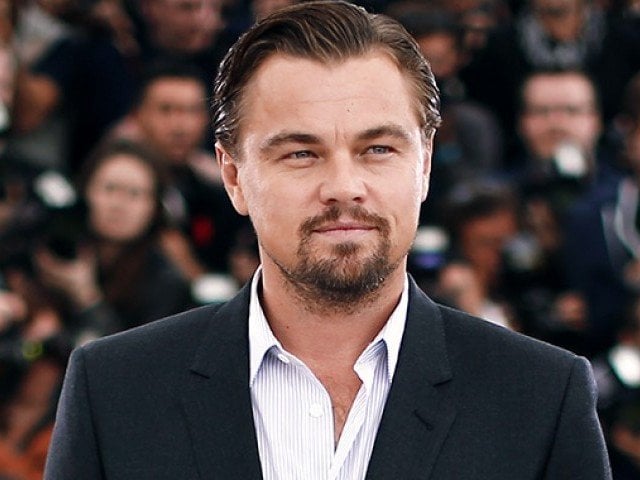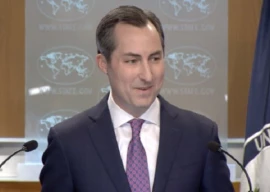
A 10-member bench of the Supreme Court will take up former ambassador Husain Haqqani’s application on Thursday (today), and decide if he will be allowed to record his statement in the memo case via a video link.
Earlier, on March 24, Haqqani had petitioned the apex court for equal treatment, and sought permission to record his statement remotely via a video link, as was done in the case of self-proclaimed whistle-blower in the memo case, Mansoor Ijaz. Haqqani had said he has grave security concerns because of many ‘frivolous’ and ‘sensational’ allegations levelled by Ijaz during the recording of his statements. He had said his family was fearful for his life in case he travelled to Pakistan.
Chief Justice Iftikhar Muhammad Chaudhry will head the larger bench that will examine the request. Earlier, the judicial commission probing the scandal had rejected Haqqani’s request to record his statement remotely.
Asma Jahangir, Haqqani’s counsel, will plead his case in the apex court. However, she had refused to argue his case before the commission.
Published in The Express Tribune, March 29th, 2012.
COMMENTS (1)
Comments are moderated and generally will be posted if they are on-topic and not abusive.
For more information, please see our Comments FAQ

1729161093-0/liam-(4)1729161093-0-165x106.webp)


1732603002-0/lamar-(4)1732603002-0-165x106.webp)
1732606500-0/BeFunk_§_]__-(53)1732606500-0.jpg)


1732607286-0/Untitled-design-(2)1732607286-0-270x192.webp)

1732600231-0/BeFunk_§_]__-(50)1732600231-0.jpg)






Well, let the wheels of justice grind at whatever pace the lordships deem appropriate. But what is troublesome is the use of different yardsticks for the drama queen Mansoor Ijaz, who stood the court up on no less than three occasions, and Haqqani. The latter has pleaded with the commission to be excused from appearing in person, as serious threats exist to his life in Pakistan. He has asked to be allowed to depose via videoconferencing. Given that Ijaz was granted a similar request without much ado, fairness demanded equal treatment for Haqqani. But honourable Justice Qazi Faez Isa and his brother judges denied Haqqani’s prayer and have turfed the matter over to the SC. In Ijaz’s case, the commission not only had granted the permission itself but, per newspaper reports, had also declared “that videoconferencing would create a ‘win-win situation’ for all the stakeholders”!